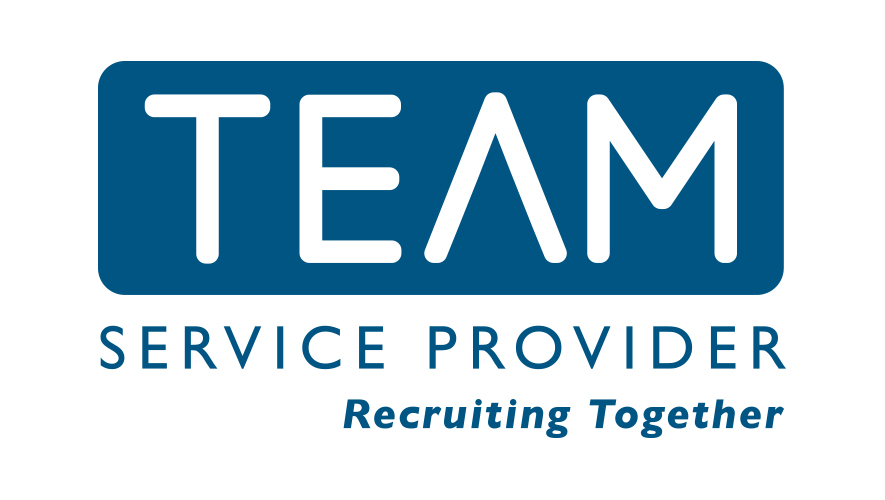Recent Changes in the Legal Process
From 6th April 2016 all applications for charging orders or attachment of earnings orders must be made to the County Court Money Claims Centre. This seems, on the face of it, a sensible move especially in relation to attachments of earnings that are dealt with on a centralised computer system. Interim charging orders will be considered by a Court Officer rather than a District Judge. The claimant must serve the interim charging order within 21 days of the date of the interim order. This is an important change to the previous procedure. Under the old rules claimants were required to serve the interim charging order within 21 days of the hearing. The rules presume notification of the interim order will be made to claimants promptly. It will be interesting to see if that happens in practice. It is envisaged that most applications for a charging order (where the defendant does not object) will remain at the County Court Money Claims Centre where the final order will be made without a hearing. If the defendant does object the matter will be transferred to the debtor’s home court.
This year has seen the doubling of court fees in relation to both ordinary applications and consent applications. This has led to a number of arguments between parties as to which party will file the consent application and pay the fee. Many court users are rightly indignant about the increase, as they are paying more and obtaining a slower and less efficient service from the courts.
It is now even more important to ensure rules and orders are complied with, as any application will involve the payment of significant court fees. Although the small claims limit was raised to £10,000 in 2013 there are rumours that the Government is keen to further increase the limit, presumably on the basis that it is cheaper. Any increase is likely to be opposed by practitioners and the judiciary based on their responses to the consultation before the last rise. The increase has led to ever-larger and more complex cases being heard in the small claims track.
As a result, judges are beginning to give more complicated directions and insisting that those directions are complied with. I have recently seen directions for a small claim that included case summaries and trial bundles in addition to the direction for witness statements and documents.
The Court of Appeal has made it clear the fact that a party is not professionally represented is not a reason to disapply rules or orders.
Whilst the new approach is understandable in order to prevent adjournments and wasted costs, it does seem to go against the ethos of small claims that is to adopt a simplified less formal approach.
In October 2105 the bankruptcy level rose from £750 to £5,000. Although an increase from the £750 level was long overdue, £5,000 caught many people by surprise. There has been no increase in the level for company winding up petitions that remain at £750 level. The threshold for debt relief orders was also increased from £15,000 to £20,000 as from October 2015. The rise in the bankruptcy threshold will cause a potential problem for creditors enforcing low value debts, especially where bankruptcy has been the most effective option. From April of this year debtors can file their bankruptcy petitions online without ever having to go to court. This can only lead to an increase in debtors’ petitions.



